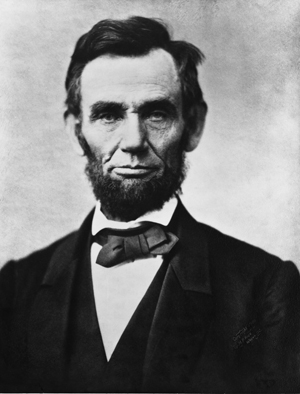|
The Emancipation Proclamation: The Document that Saved America |
This essay was written for our catalog for one of the rare-authorized edition Lincoln-signed copies of the Emancipation Proclamation that sold at auction on June 26, 2012. If you’re specifically interested in this printing, see Appendix I.
Contents
I. An Evolving Stance on Emancipation
II. The Myth of Non-Emancipation
III. The Proclamation and Black Troops
IV. The Political Risk of Emancipation
V. Lincoln, Slavery, and the Declaration of Independence: Toward Resolution
VI. Affirming Slavery’s Role in Precipitating the War
VII. Appendix I: The Leland-Boker “Authorized Edition” of the Emancipation Proclamation
VIII. Appendix II: Manuscripts and Other Signed Editions of the Emancipation Proclamation
IX. Appendix III: Slavery and Emancipation in American History
X. References
“All persons held as slaves within any state or designated part of a state, the people whereof shall be in rebellion against the United States, shall be then, thenceforward, and forever free…”
Historical Background
The Emancipation Proclamation was the single most important act of Lincoln’s presidency. Its text reveals the major themes of the Civil War: the importance of slavery to the war effort on both sides; the courting of border states; Lincoln’s hopes that the rebellious states could somehow be convinced to reenter the Union; the role of black soldiers; Constitutional and popular constraints on emancipation; the place of African Americans in the United States, and America’s place in a worldwide movement toward the abolition of slavery. In sounding the death knell for slavery and the “Slave Power,” the president took a decisive stand on the most contentious issue in American history.
 |
|
Matthew Brady portrait of President Lincoln |
In addition to the moral impact of this “sincerely believed…act of justice,” the Proclamation aided the Union cause tangibly and decisively. Because it focused on territory still held by the Confederacy, only small numbers of slaves (compared to the total slave population) were immediately freed. However, the Proclamation deprived the South of essential labor by giving all slaves a reason to escape to Union lines. Failing that, it freed slaves immediately on the Union Army’s occupation of Confederate territory. The Proclamation also encouraged the enlistment of black soldiers, who made a crucial contribution to the Union war effort. Moreover, England and France, which had already abolished slavery, were constrained from supporting the Confederacy, even though doing so would have been in their own economic interests. Lincoln summed up the Proclamation’s importance in 1864: “no human power can subdue this rebellion without using the Emancipation lever as I have done.”
As historian John Hope Franklin wrote, Lincoln’s Proclamation “was a step toward the extension of the ideal of equality about which Jefferson had written” in the Declaration of Independence. And in time, “the greatness of the document dawned upon the nation and the world. Gradually, it took its place with the great documents of human freedom.”
Next Page: An Evolving Stance on Emancipation
|